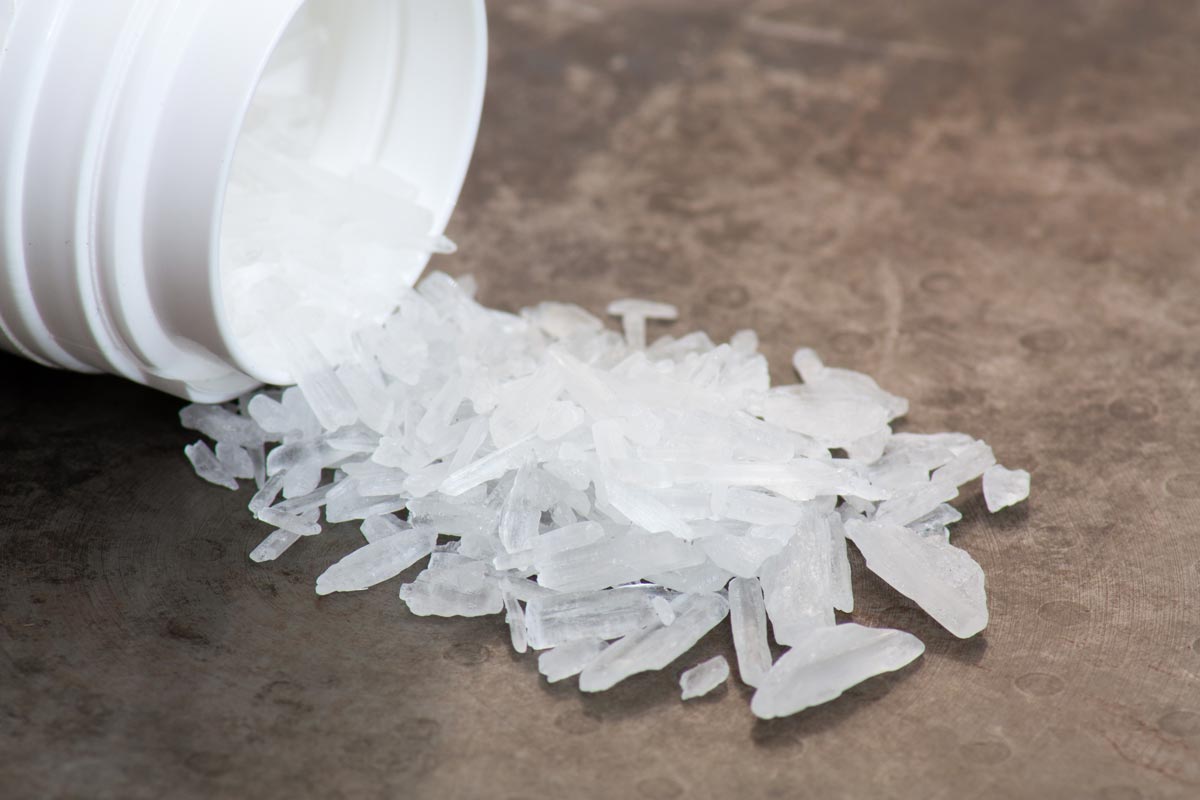Addiction and anxiety disorders often go hand in hand – and this goes for men, too. Although many men suffer from anxiety, they often suffer in silence. In fact, studies show that men have trouble disclosing mental illness symptoms, even thoughts of suicide. Stigma is obviously to blame, as is the mistaken ‘male code’ that says you can’t show weakness, sadness or vulnerability.
But ignoring anxiety or self-medicating – about 20 percent of Americans with an anxiety disorder also have an alcohol or other substance use disorder (SUD and roughly 20 percent of those with an SUD also have an anxiety disorder – is certainly not the answer. Men don’t have to (nor should they) tough out feelings of anxiety alone.
Becoming better educated about anxiety can be a great first step toward seeking support for you or a man in your life. For one, it’s important to understand that there are several types of anxiety disorders (both minor and major), including:
- Generalized Anxiety Disorder
- Panic Disorder
- Obsessive Compulsive Disorder
- Post-Traumatic Stress Disorder
- Phobias
- Social anxiety disorder
While symptoms may vary depending on the type and severity of your anxiety disorder, some common physical signs to watch out for include:
- Pounding or racing heart
- Excessive sweating
- Muscle tension
- Restlessness or agitation
- Dizziness and vertigo
- Shortness of breath or choking sensations
- Insomnia
- Panic attacks
We all feel anxious from time to time, whether from a high-pressure work situation or family conflict, but for men with anxiety disorder, these feelings will become excessive and interfere with daily life. Luckily, you don’t have to live with the symptoms if you admit your anxiety and start on a proper treatment plan.
Anxiety Treatment at 10 Acre Ranch
Having anxiety and a substance use disorder can turn into a vicious cycle, as the symptoms of one disorder can exacerbate the symptoms of the other. While many men mistakenly turn to alcohol or drugs to temporarily dull anxiety, this type of self-medicating actually worsens symptoms of anxiety. Let our trained professionals help you find a personalized path of recovery. To learn more, call today: 877-228-4679.





